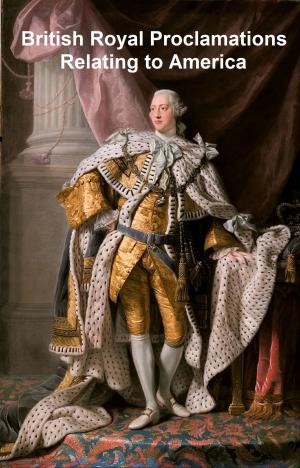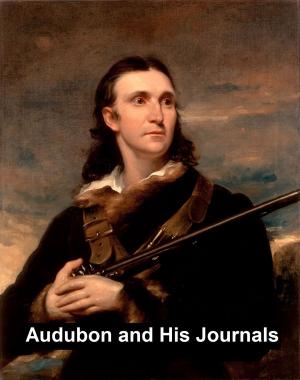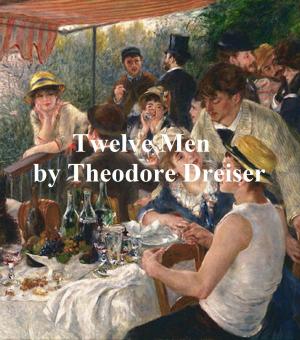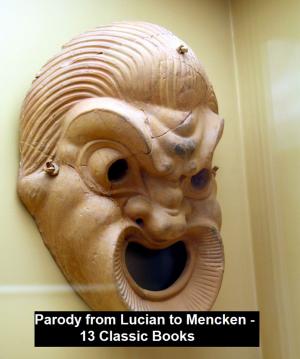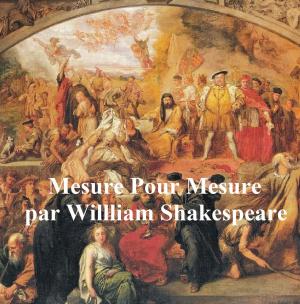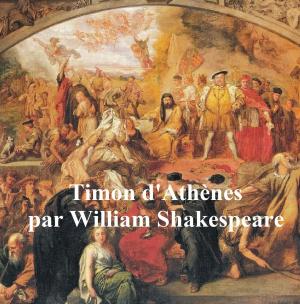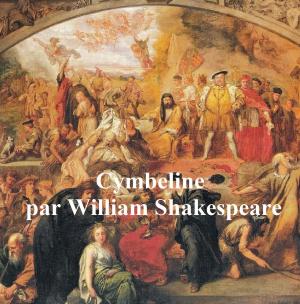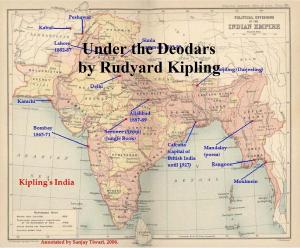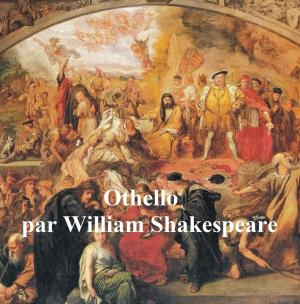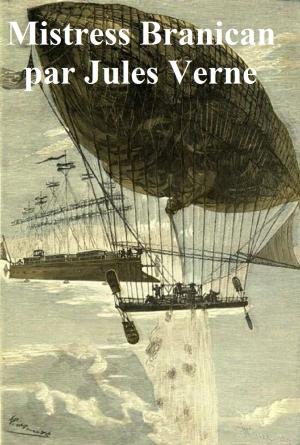| Author: | Thorstein Veblen | ISBN: | 9781455429066 |
| Publisher: | Seltzer Books | Publication: | March 1, 2018 |
| Imprint: | Seltzer Books | Language: | English |
| Author: | Thorstein Veblen |
| ISBN: | 9781455429066 |
| Publisher: | Seltzer Books |
| Publication: | March 1, 2018 |
| Imprint: | Seltzer Books |
| Language: | English |
This file includes: The Theory of the Leisure Class, An Inquiry into the Nature of Peace, and The Pleace of Science in Modern Civilisation and Other Essays. According to Wikipedia: "Thorstein Bunde Veblen, born Torsten Bunde Veblen (July 30, 1857 – August 3, 1929) was an American economist and sociologist, and a leader of the institutional economics movement. Besides his technical work he was a popular and witty critic of capitalism, as shown by his best known book The Theory of the Leisure Class (1899). Veblen is famous in the history of economic thought for combining a Darwinian evolutionary perspective with his new institutionalist approach to economic analysis. He combined sociology with economics in his masterpiece The Theory of the Leisure Class (1899) where he argued that there was a basic distinction between the productiveness of "industry", run by engineers manufacturing goods, vis-a-vis the parasitism of "business" that exists only to make profits for a leisure class. The chief activity of the leisure class was "conspicuous consumption", and their economic contribution is "waste," activity that contributes nothing to productivity."
This file includes: The Theory of the Leisure Class, An Inquiry into the Nature of Peace, and The Pleace of Science in Modern Civilisation and Other Essays. According to Wikipedia: "Thorstein Bunde Veblen, born Torsten Bunde Veblen (July 30, 1857 – August 3, 1929) was an American economist and sociologist, and a leader of the institutional economics movement. Besides his technical work he was a popular and witty critic of capitalism, as shown by his best known book The Theory of the Leisure Class (1899). Veblen is famous in the history of economic thought for combining a Darwinian evolutionary perspective with his new institutionalist approach to economic analysis. He combined sociology with economics in his masterpiece The Theory of the Leisure Class (1899) where he argued that there was a basic distinction between the productiveness of "industry", run by engineers manufacturing goods, vis-a-vis the parasitism of "business" that exists only to make profits for a leisure class. The chief activity of the leisure class was "conspicuous consumption", and their economic contribution is "waste," activity that contributes nothing to productivity."

